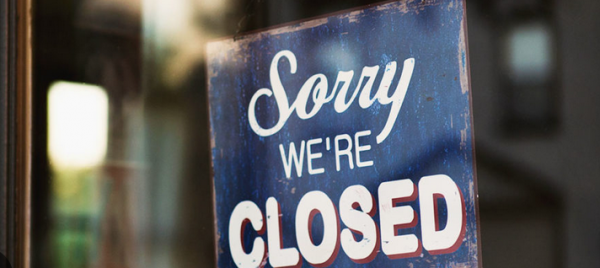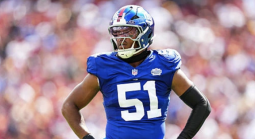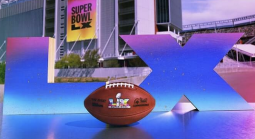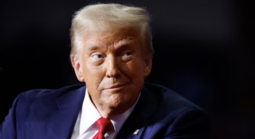Bovada Betting Accounts in Michigan Closing?
The state of Michigan, which has clamped down on any gambling sites not licensed in the state, has asked Bovada to stop taking bets from residents. Bovada maintains a license in the Caribbean nation of Curacao, which allows it to operate worldwide. It is widely considered among the top five largest online gambling sites in the world.
Regulators in Michigan Want Bovada Out
Bovada has been in existence since 2011, previously operating as Bodog since 2002, and before that as a reimagined version of The Big Book, a call center sportsbook that began operating in the late 1990's. Both The Big Book and Bodog were founded by gambling mogul Calvin Ayre, who stepped away from online gambling in 2011. Ayre once graced the cover of Forbes 2006 Billionaire's issue.
Bovada and its predecessor, Bodog, are no stranger to overzealous state authorities. A federal grand jury out of Maryland indicted Bodog in 2011. It had faced a $1 million fine ($500,000 for two counts of conspiring to commit money laundering). The matter was later settled for pennies on the dollar and without any convictions.
This month, The Michigan Gaming Board sent a cease and desist letter to the company and, assuming they comply, Bovada and Ignition Casino accounts in the state will likely be closed voluntarily. Players should not fear gaining access to funds in their accounts as the company is highly reputable.
The state says Bovada is in violation of Michigan’s Lawful Internet Gaming Act, the Michigan Gaming Control and Revenue Act and the Michigan Penal Code.
“The proliferation of online gaming platforms has led to increased scrutiny from regulatory bodies worldwide, and this action serves as a stern warning to overseas companies that flouting local regulations will not be tolerated,” MGCB Executive Director Henry Williams said. “The MGCB remains steadfast in its commitment to upholding Michigan’s laws and regulations and will continue to actively monitor and enforce compliance within the state to ensure a fair and secure gaming environment for all.”
The board says Bovada had 14 days to take steps to prevent Michigan residents from gaming on their sites before further legal action is taken.
Bovada could also elect to fight this matter in a court of law based on prior precedent. Furthermore, the courts recently sided with the Seminoles out of Florida that bets placed via their servers a la the Hard Rock Bet app take place where the activity is deemed legal - on Seminole land - not in one's living room. Such would be the case with Bovada and bets placed via servers in Antigua.
Bovada has previously opted to exit the New Jersey and Nevada markets.
Michigan Crackdown on Social Casinos, Sweepstakes Casinos
The state began sending out cease and desist letters to operators of social media casinos like the popular Chumba Casino.
Chumba, along with Global Poker, stopped offering its online gambling back in December. Chumba stopped accepting coins for redemption in February.
Parent company VGW issued the following statement about the choice to exit the market.
“VGW continually evaluates their business operations in the interests of all their stakeholders and after careful consideration they have decided to take this course of action.”
Sweepstakes casinos are considered legal in most states outside of Michigan with the exception of Washington, Idaho and Nevada.
The History of Overzealous State Authorities
In the early days of online gambling in the late 1990s, Michigan was among a handful of states that included Wisconsin and Missouri that cracked down on internationally licensed gambling sites. Florida went after Western Union for facilitating funds to and from offshore sportsbooks.
By the late 2000's, the Louisiana State Police arrested a British executive of Sportingbet who had been traveling to the U.S. This move sent shockwaves throughout the industry.
Soon after, then Kentucky Governor Steve Beshear would find a novel way to go after over one hundred gambling domain names. The industry appeared in the commonwealth en masse, with Gambling911.com of course leading the way, and a lengthy court battle would ultimately prevent this from happening, however, a handful of sites settled with the commonwealth.
Over the last year, a number of U.S. states began cracking down on daily fantasy sports sites offering "pick'em" type contests that mirrored play prop bet parlays offered by licensed sportsbooks like DraftKings and FanDuel.
|
|
















